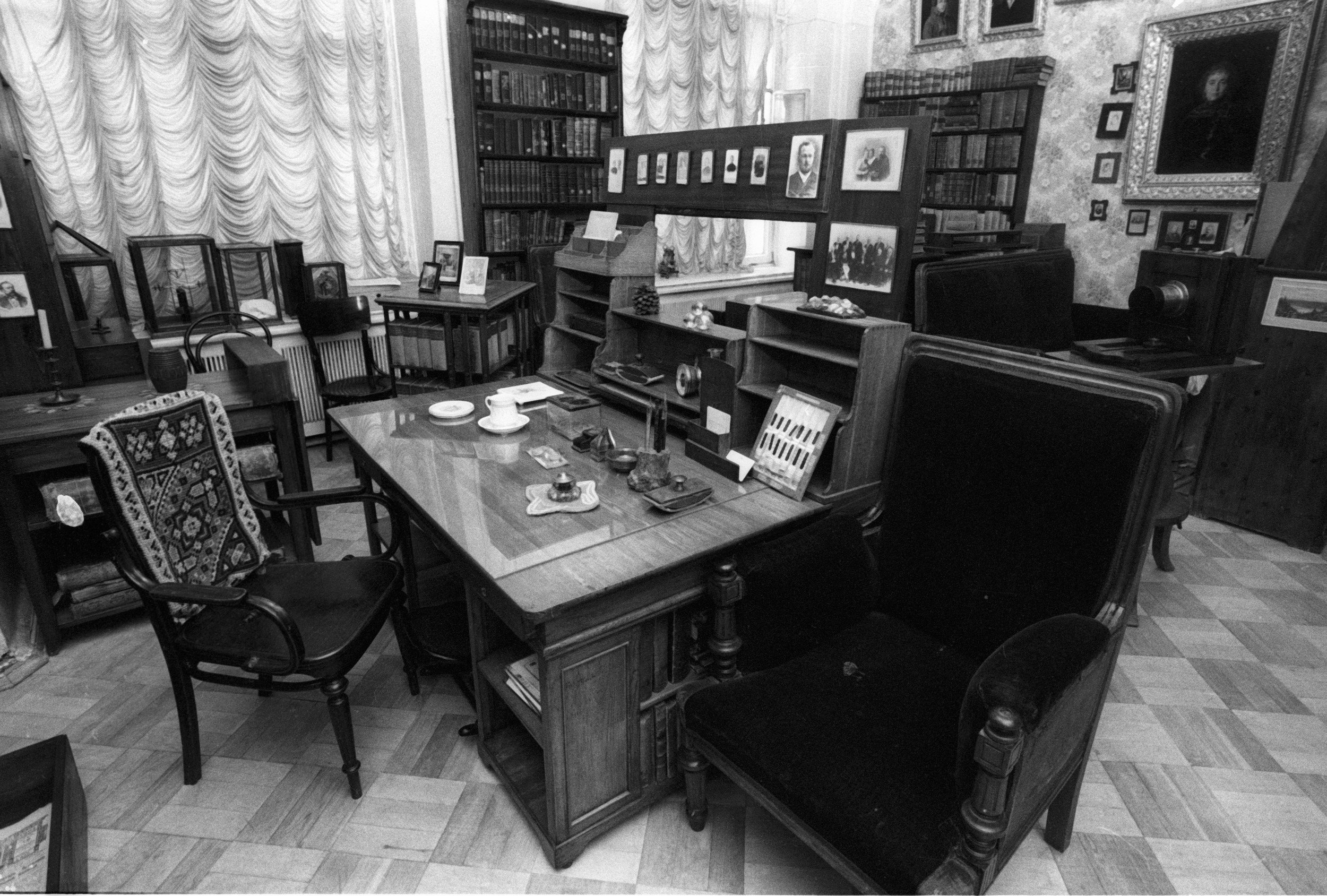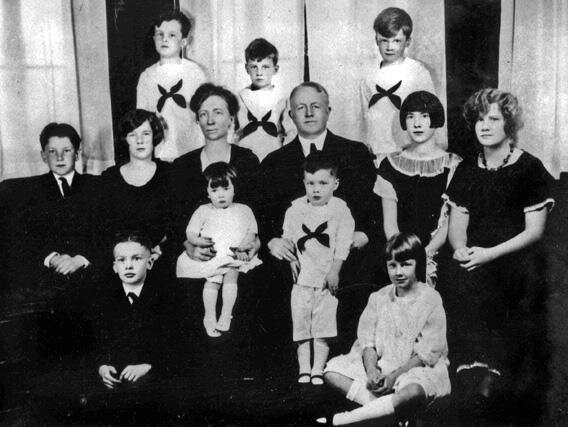Chemistry is Confusing, and Has Been for Centuries
/Did you know chemists in the 1700-1800’s were confused by the elements they were discovering? How are they related? How can they be organized?
Even for chemists, chemistry is a difficult subject! Chemistry is confusing!
Russian chemist Dmitri Mendeleev grew up in a Siberian household around 16 brothers and sisters, so he knew a thing or two about confusion!
This isn’t Dmitri’s family, but a houseful of 11 children must have been a bit chaotic!
In 1869 Mendeleev sat down and made flash cards of all 65 known elements. Surely there is a way to organize the elements in a pattern or chart!
This is Mendeleev’s actual desk. He slept in his office also, of course.
He sat for hours at his desk moving the flash cards around, until he fell asleep. He awoke with the answer! Here’s what he said:
In a dream I saw a table where all the elements fell into place as required. Awakening, I immediately wrote it down on a piece of paper.
We cannot succeed in school by sleeping on our notes.
Chemistry is hard. Chemistry is tough. Chemistry is a difficult subject.
And, in reality, Mendeleev had been pondering the order of the elements for over 20 years. See, it takes work to learn or create something!
Dmitri Mendeleev. Chemist. Dreamer.
Learn how to read the periodic table
Joy Lab has a FREE guidebook to understanding the periodic table! Download it, study it, and end periodic table confusion!
















